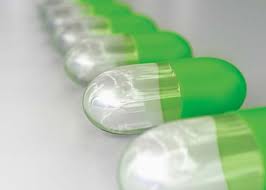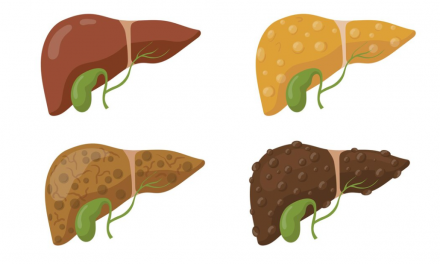Although there are now over 160,000 gastric bypass surgeries being performed on an annual basis world wide, there is still much that we are still learning about postoperative management of concomitant medical conditions. One area in which we know very little is in regards to the effect of gastric bypass surgery on the absorption of medications taken orally.
Because gastric bypass surgery causes food to bypass about the first 1.5m of small intestine, the absorption of some medications may be significantly impaired as well. One medication that is particularly relevant in the gastric bypass population is metformin, as it is the first line of treatment to treat type 2 diabetes, and is also used to prevent diabetes in patients who have prediabetic blood sugars. Although gastric bypass surgery results in remission of type 2 diabetics in about 80% of people initially, about half of these cases of diabetes recur by 5 years postoperatively, so metformin use may be considered at some point in a signficant number of these patients.
At the Second Canadian National Obesity Summit in Montreal today, Dr Raj Padwal of the University of Alberta presented the results of a recent study that were published in the journal Diabetes Care, looking at the absorption and bioavailability of metformin in patients who have had gastric bypass surgery.
In this study, 16 patients who had gastric bypass surgery were administered a single dose of 1,000 mg of metformin, and their absorption of metformin was compared to 16 gender and BMI matched control subjects who had not had gastric bypass surgery. Surprisingly, they found that metformin absorption was actually increased in patients who had had gastric bypass surgery – exactly the opposite of what was expected.
Although this was a small study and tested only a single dose of metformin, it raises some interesting questions. Does the absorption of medications after gastric bypass vary depending on the normal absorption rate of a medication? Does the surgery have some effect to alter transporters in the lining of the gut to accelerate absorption?
Other medications which are very relevant in this population include birth control pills (we currently recommend against using them to prevent pregnancy after gastric bypass because we don’t know if their absorption is altered) and antidepressive agents (a slightly increased risk of suicide is seen after gastric bypass surgery – is this due to changes in the patient’s environment, a difficulty in breaking the emotional bond with food – or, as Dr Padwal questioned in his commentary today, could impaired absorption of antidepressive medications play a role?).
Further studies clearly need to be done to improve our understanding of medication absorption after gastric bypass surgery.
Dr. Sue © 2011 www.drsue.ca drsuetalks@gmail.com
Follow me on Twitter for more tips! drsuepedersen
Follow me on Facebook: drsue.ca












